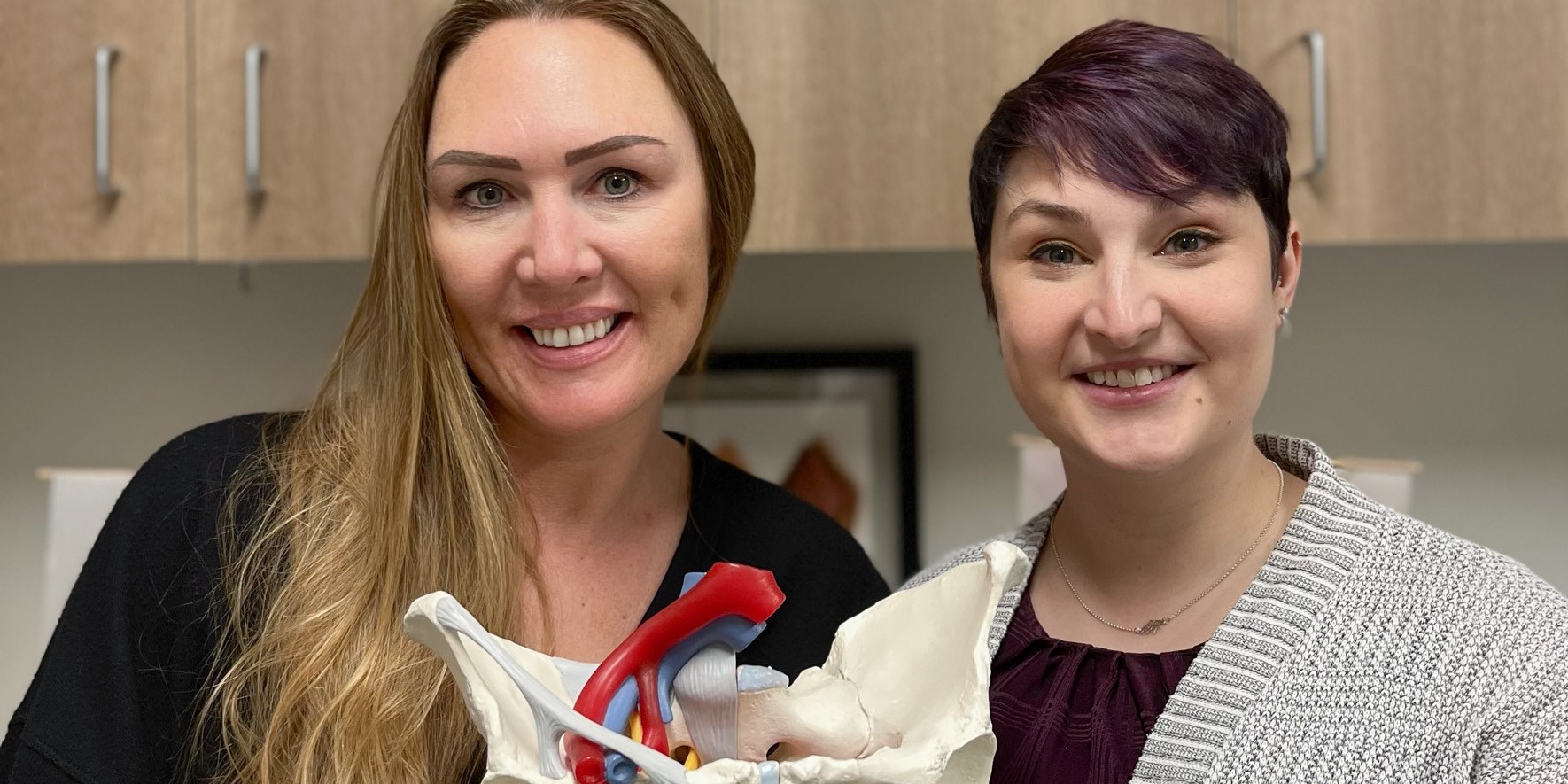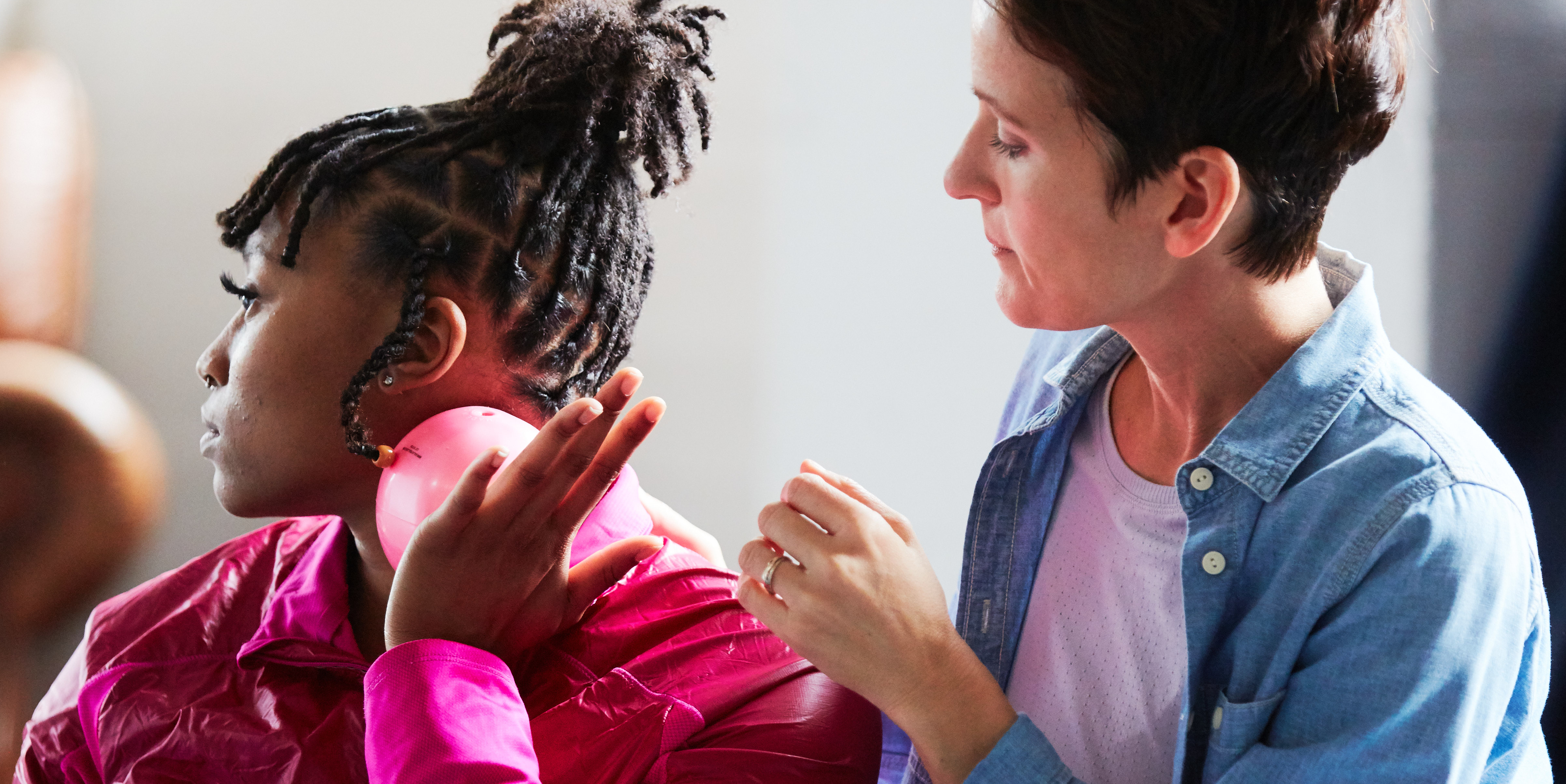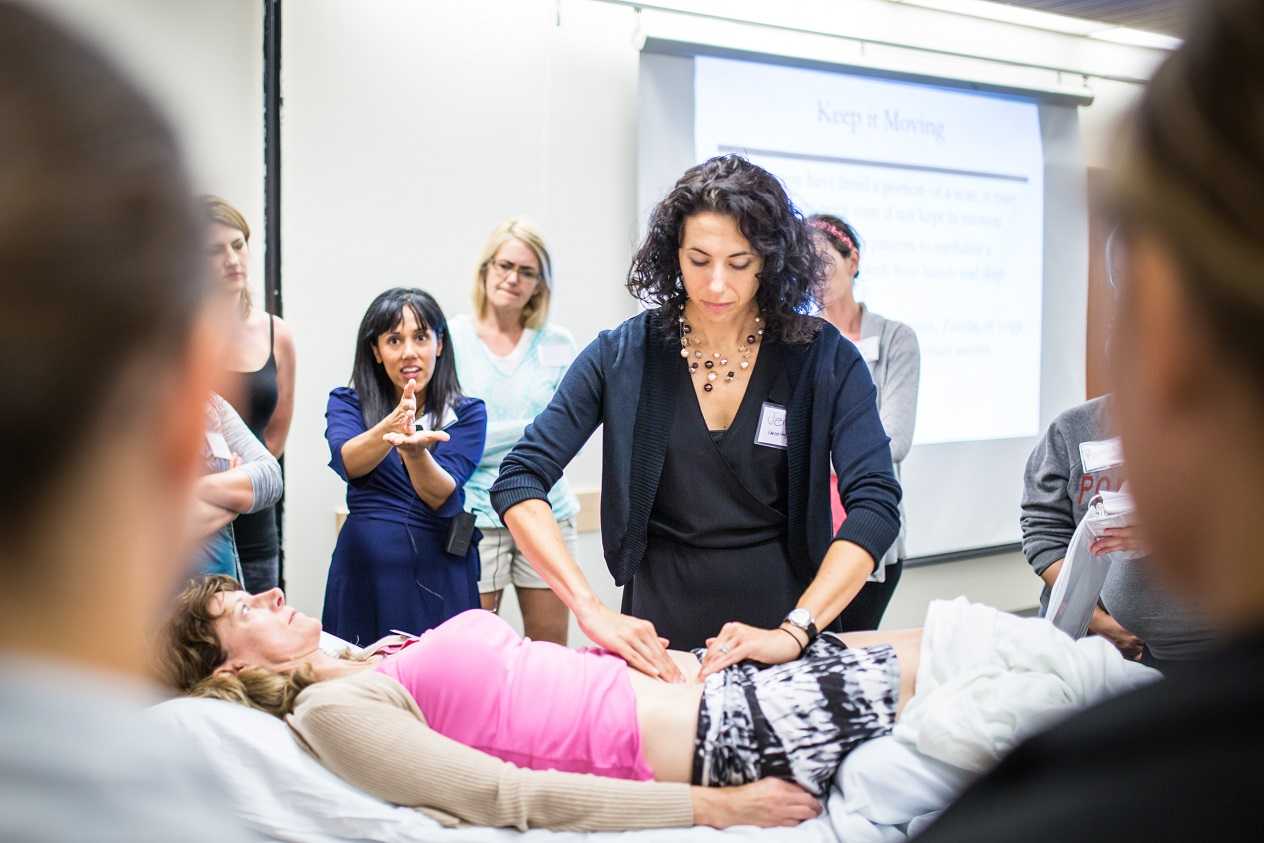Wash Those Hands!
Although hand washing is clearly the easiest, and most effective way to practice preventive health in the clinics, it appears that the act of wearing gloves gives providers a sense of safety that is not healthy. In an article titled "The dirty hand in the latex glove: a study of hand hygiene compliance when gloves are worn", researchers looked within 15 hospitals in England and Wales at 7578 physician interactions with patients. Hand washing occurred 47.7% of the time, and when gloves were used, this number dropped to 40%.
One problem identified in the article is that gloves are not impermeable to pathogens, so having dirty hands inside the gloves can create a contamination issue for patients. Another concern is that doctors, when wearing gloves, failed to wash hands after removing the gloves 40% of the time. The researchers also found that gloves were often worn when not indicated, and forgotten when indicated.
The criticality of this practice certainly increases when medically fragile patients are involved and when conditions such as MRSA are lurking. However, it is best practice to wash (and dry) before donning gloves, and then to wash following glove removal. It becomes very important to have easy access to a sink near patient care, and to choose gloves when appropriate. Options of using non-latex gloves, and at a minimum non-powder latex gloves can reduce risk of developing latex allergies or giving a patient who is allergic to latex a reaction. Many outpatient clinics avoid latex gloves altogether and use alternatives such as gloves made from synthetic latex.
The problem for clinicians when washing so frequently is that soaps can be very drying, and skin can quickly become irritated, cracked, and even further at risk for infection. Having a quality skin care lotion and using this daily can help avoid such breakdown. The bottom line in this study is that when gloves are used, handwashing fequency decreases. Being aware of this tendency that may be related to a psychological protection from the gloves can help pelvic rehab therapists to maximize patient and provider safety practices.
By accepting you will be accessing a service provided by a third-party external to https://hermanwallace.com/






































